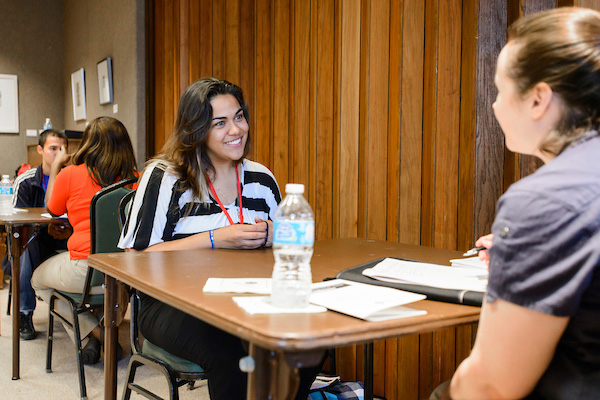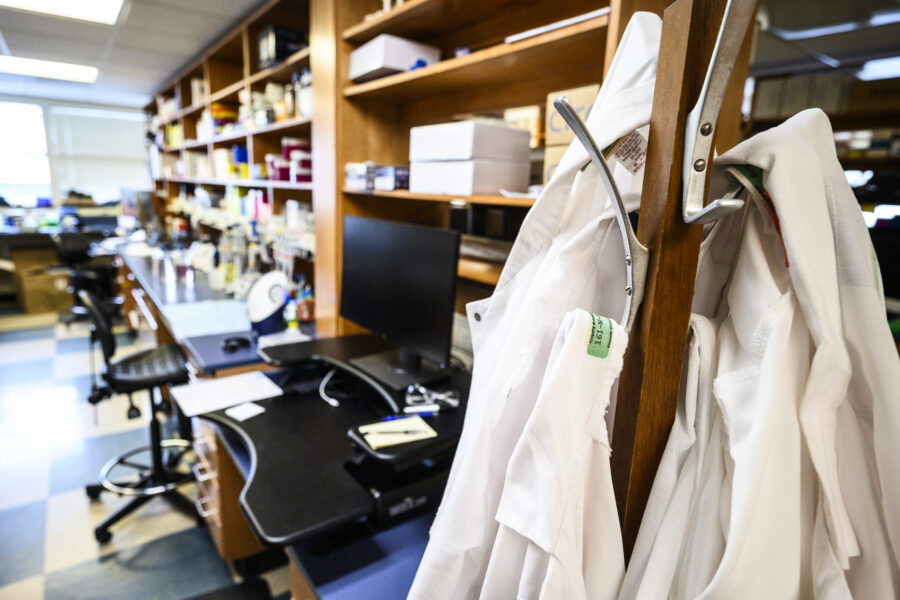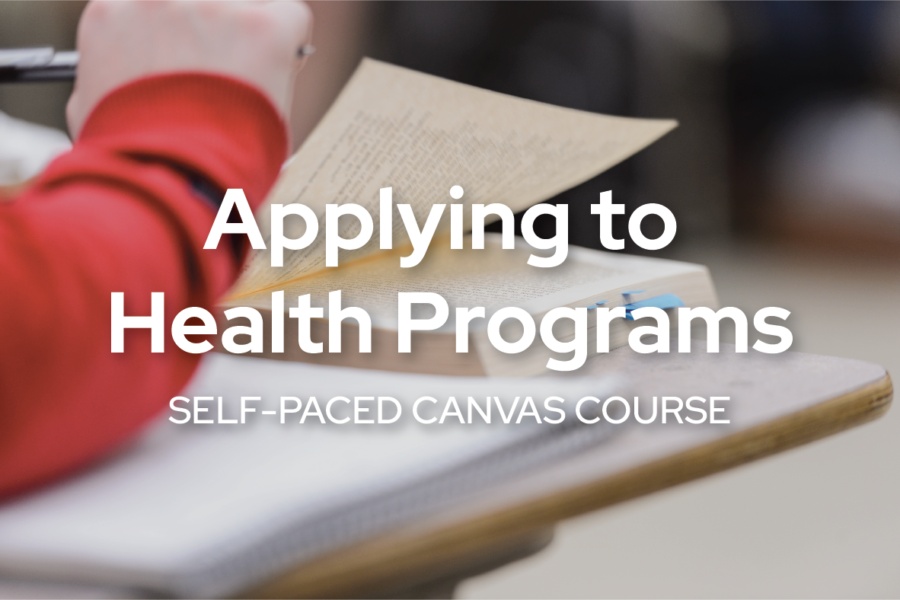About Cardiovascular Perfusion
Perfusionists are trained members of surgical teams who temporarily perform the job of the heart and lungs during open-heart surgeries and other major procedures by operating circulation equipment such as a heart-lung machine.
They commonly monitor and manage a patient’s blood flow, body temperature, clotting status, pH, and blood gasses during operations. They must have a great knowledge of anatomy and physiology, be detail oriented, and have mental and physical endurance for long surgeries.
Learn more at perfusion.com and abcp.org, or check out IU Health’s video Inside the OR: Shadowing a Perfusionist.
Note: UW-Madison does not offer a cardiovascular perfusion program. While this field is not among CPHA’s primary areas of advising expertise, we are here to support you in exploring the career, building helpful experiences, and navigating some aspects of professional program applications. Talk with us if you have questions!
Certified Clinical Perfusionist (CPP)
There are 1-2 year certificate CPP training programs and 2 year Master’s degree options available to pursue cardiovascular perfusion. After graduating and completing a certain number of cases, CPPs will sit for a PBSE and CAPE certification exam.
For the most up-to-date salary information, we suggest using job search websites such as https://perfusion.com/job-listings/ to search perfusion positions across the country to see salary information.
Explore Your Interest in Cardiovascular Perfusion
Shadowing & Informational Interviews
An excellent way to explore your interest in perfusion is by talking directly with providers. Shadow or conduct informational interviews with Perfusionists to learn what their day is like. Look for Perfusionists on LinkedIn, Instagram, or TikTok and see if they are willing to talk about their career.
Volunteering
Health professions programs look for applicants who demonstrate a sustained commitment to serving others in healthcare and community settings. Learn more about opportunities to volunteer in clinical and non-clinical settings.
Jobs
Explore patient care roles and other health jobs to gain experience working with people. Consider perfusion assistant, surgical assistant or sterilization tech roles that could put you in contact with Perfusionists. Confirm that this work is something you enjoy!
Finding a Program
Search accredited programs on the Commission on Accreditation of Allied Health Education Programs (CAAHEP) website. Under “Profession” click “Perfusion”. Some programs award a Master’s and others confer a Certificate.
Learn about MSOE’s Master of Science in Perfusion program.
Educational & Professional Assocations
Preparing for a Perfusion Program
Requirements vary from school to school, so it’s always necessary to consult program websites.
Perfusion Programs Required Coursework
| Topic | Credits/Semesters | UW-Madison Courses |
|---|---|---|
| General Chemistry | 8-10 credits or 2 semesters | Choose one of the following sequences: Chemistry 103-104 Chemistry 109 |
| Organic Chemistry | 3-8 credits or 1-2 semesters | Choose one: Chem 341-342 Elementary Organic Chemistry Chem 343/345/344 Introductory and Intermediate Organic Chemistry with lab |
| Biology | 5-10 credits | Choose one of these three sequences: Zoology 101-102 + Additional bio-science course Options include: Genetics, Microbiology, Cell Biology, Immunology Note: you may need to do an additional bio-science course with lab Biology 151-152 Biocore 381-382 AND 383-384 satisfies Intro to Bio requirements Biocore 485-486 Organismal Biology lecture/lab (Satisfies I/A bio) *Biocore: Students must apply to enroll in Biocore. For more information, visit the Biocore Website |
| Biochemistry | 3 credits | Biochem 501 |
| Anatomy with lab | 4-5 credits | Anatomy & Physiology 337- lecture Anatomy & Physiology 338 - lab |
| Physiology with lab | 4-5 credits | Anatomy & Physiology 335 - lecture & lab |
| Physics | 8-10 credits | Choose one of the following sequences: Physics 103-104 (algebra-based) Physics 201-202 (calculus-based; intended for Engineering majors) Physics 207-208 (calculus-based; intended for Life Science majors) *If physics is required for your major, select the sequence recommended by your major. If physics is not required by your major, physics 103-104 is an appropriate choice. |
| Medical Terminology | 3 credits or one semester | Classics 205 |
| Humanities | Take 6 credits of English | Learn more: English Requirements for Health Programs |
| Math | Schools like to see math at the college level | |
| Statistics | 3 credits | Stats 301 Stats 371 Psych 210 A statistics course in your major |
Some Perfusion programs require the GRE. The module “Prepare for the GRE” on our “Applying to Health Professions” Canvas course has more information on study plans, resources, and tips for the GRE.
Application Process
Apply to cardiovascular perfusion programs either through the program website or through The Allied Health Centralized Application Service (AHCAS) common application. Applications are usually due in the fall and interviews could be in the winter or spring. The application process takes about a year!
Reach out to schools directly to request a fee waiver if application costs make applying prohibitive.
Enroll in Applying to Health Programs
CPHA runs a Canvas course called Applying to Health Programs, a non-credit course designed to help you with the process of applying to programs like Perfusion programs.



